________________________________________________________________________________
Massey Ferguson 5455, 5460 Tractor shiftable PTO shaft
The driven gears (4) (7) are fitted on the PTO shaft (13) located on the
lower rear part of the axle housing. These gears are constantly meshed
with the double driving gear driven by the upper shaftline whose drive
is transmitted by the power take-off clutch.
The Massey Ferguson 5455, 5460 tractor power take-off shaft is freely mounted in the bearing (2) and force
fitted in the bearing (10). The bearings are fitted into the rear axle
housing and unit (14) respectively. The hub of the coupler (5) is
splined to the shaft (13).
These gears (4) (7) drive the shaft when the coupler (5) is moved either
forwards (540 rpm) or backwards (1000 rpm). When one of the gears (4) or
(7), fitted with the rings (19) (20) respectively is passive, it turns
either on the ring (3) or on the shaft (13).
A fork (25) fitted to the pin (22) selects the 540 or the 1000 rpm
speed. Sealing is obtained via the seal ring (11) and the "O" ring (18).
The deflector (12) prevents contamination by foreign material.
Depending on option, the MF 5455, 5460 tractor power take-off shaft may be supported by
tapered roller bearings. Another version with a flanged shaft makes it
possible to rapidly change the end fitting (32) (6 or 21 splines).
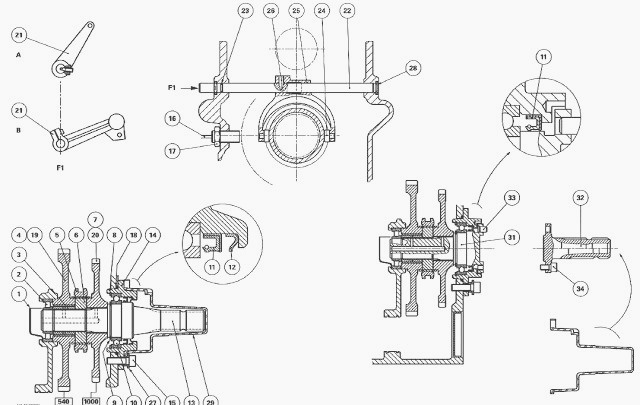
Lubricating the gears
The transmission oil provides lubrication for the two gears. The bearing
(2) has a sealed face turned towards the 540 rpm gear. Lubrication of
the gears is obtained via the oil receiver (1) and the shaft (13)
provided with an axial gallery and radial ports.
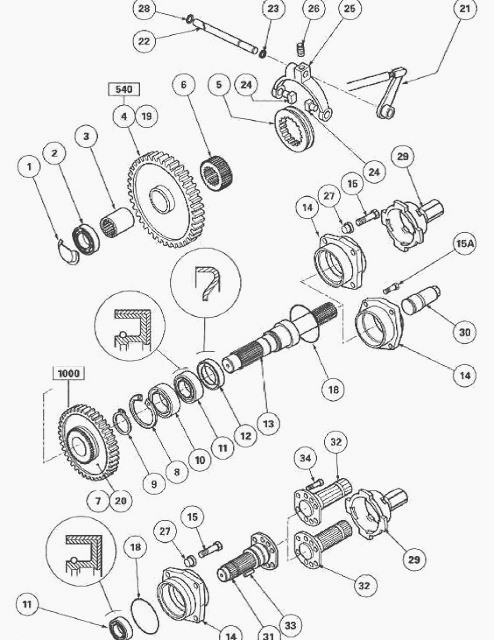
Fig.57. Parts list
(1) Oil receiver, (2) Bearing, (3) Ring, (4) Gear (540 rpm), (5)
Coupler, (6) Hub, (7) Gear (1000 rpm), (8) Circlip, (9) Snap ring, (10)
Bearing, (11) Seal ring, (12) Deflector, (13) PTO shaft, (14) Unit, (15)
Screw, (15A) Screw, (16) Sensor, (17) Nut, (18) "O" ring, (19) Ring,
(20) Ring, (21) Rod, (22) Pin, (23) "O" ring, (24) Pads, (25) Fork, (26)
Set screw, (27) Special spacers, (28) Plug, (29) "Bayonet" protective
cap, (30) Protective screw cap, (31) Flanged shaft, (32) End fitting (6
or 21 splines), (33) Dowels, (34) Screw
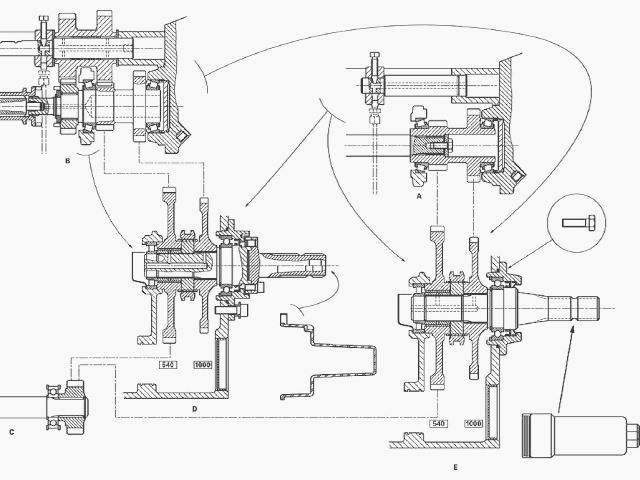
A : with Massey Ferguson 5455, 5460 2-speed PTO
B : with 4-speed PTO (economy)
C : with GSPTO
D : with flanged shaft (540 - 1000 rpm) and interchangeable end fitting
E : with standard 540 - 1000 rpm shaft
Removing and refitting the rear
Bearing
Partially drain the rear axle housing.
Engage the coupler (5) on the gear (7).
Remove the two diametrically opposing screws (15).
In their place, tighten two guide studs up against the gear (7). The
purpose of this operation is to hold the gears (4) and (7) and the hub
and coupler in line when removing the shaft (13) and the bearing
assembly.
Remove the other two screws (15).
Remove the shaft and the bearing assembly. Discard the seal (18).
Replace the seal (18). Fit the shaft and the bearing assembly.
Smear two screws (15) with Loctite 542 and tighten them to 105 - 120 Nm.
Remove the two guide studs.
Smear and tighten the other two screws as per the specifications
described above.
Top up the oil level of the rear axle housing and check it using the
gauge located to the rear of the centre housing.
Disassembling and reassembling the
rear bearing
Remove the rear bearing.
Remove the "O" ring (18).
Remove the circlip (8).
Separate the cover plate (14) from the bearing (10).
Remove snap ring (9).
Extract bearing (10) from shaft (13).
Extract the seal ring and deflector (12).
Using a press and a suitable fixture, fit the deflector (12) up against
the cover plate in the correct direction.
Using a press and a suitable fixture, fit the seal ring (11) level with
the chamfer machined on the cover plate (14), with the lip turned
towards the bearing (10).
Install the unit (14). Refit the rear bearing.
Disassembling and reassembling the 540 rpm and 1000 rpm gears and the
front shaft bearing
Before removing the gears (4) (7), it is
necessary to remove:
- the linkage cover plate.
- the hitch hook support.
- the PTO top cover plate located at the rear of the tractor, the double
driving gear and, if applicable, the control fork (4-speed economy PTO).
Remove the left-hand lift ram and take off the PTO sensor.
Undo the set screw (26).
Take out the pin (22) with the rod (21) towards the left-hand side of
the MF 5455, 5460 tractor, and discard the "O" ring (23). The plug (28) remains inside
the housing.
Take out the fork (25) with the pads (24) without letting them fall into
the housing.
Remove the rear bearing.
Remove the hub (6) with the coupler (5), the gears (4) (7) and the ring
(3).
Extract the bearing (2) and the oil receiver (1).
Check and clean the components. Replace any defective parts.
Lightly smear the oil receiver (1) with Loctite 648 or equivalent on the
face turned towards the centre housing. Fit the receiver with the
opening facing upwards.
Insert the bearing (2) into the housing against the oil receiver (1).
Turn the sealed part of the bearing towards the gear (4).
Using a jet of compressed air, check that the channel in the shaft (13)
is not obstructed. Lubricate the rings (19) (20).
Refit the gears (4)
(7) and the coupler (5) with the hub (6) and the ring (3), with the
opening of the teeth turned towards the rear of the Massey Ferguson
5455, 5460 tractor. If the
rings (19) (20) are damaged, then replace the gears (4) (7).
Engage the coupler (5) on the gear (7). Tighten two guide studs up
against the gear (7).
Install the rear bearing.
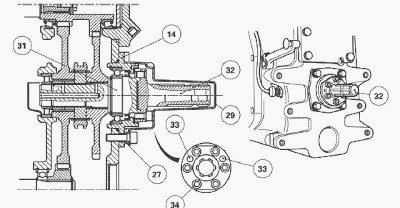
Smear the thread of the PTO sensor (16) with
Loctite 577 (Sensor Sealing or equivalent). Fit and adjust the sensor:
- Screw the sensor in fully, without forcing, until it comes in contact
with the gear (7).
- Unscrew the sensor by 3/4 of a turn.
- Tighten the nut (17) moderately and connect the connector.
Reassemble the fork (25) with the pads (24) held by two spots of
miscible grease (Amber Technical or equivalent).
Position a new "O" ring (23). Fit the pin (22) fitted with the rod (21).
Tighten the screw (26) smeared with Loctite 221. Manually check the
correct operation of the fork and the coupler (5) in the 540 and 1000
rpm positions.
Refit the left-hand ram.
Install the driving gear, the control fork (economy PTO, if fitted) and
the top cover plate.
Install the linkage cover plate.
Adjust the MF 5455, 5460 tractor Economy PTO control.
Top up the oil level of the rear axle housing and check it using a gauge
located at the rear of the centre housing.
Check PTO and PTO brake operation.
Check tightness:
- of the mating faces (spool valve support, top cover plate, PTO rear
bearing and linkage cover plate)
- Hydraulic unions
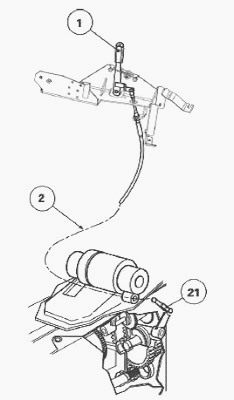
Fig.60. Internal: (1) Lever, (2) Cable, (21) Rod
After adjusting the control cable, check that the coupler (5) fits
correctly with the 540 and 1000 rpm gears.
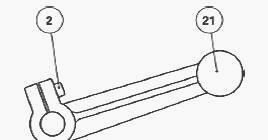
Fig.61. External: (2) Screw, (21) Rod
Flanged shaft
Special points
- The flanged shaft (31) can be adapted with an interchangeable end
fitting (32) (6 or 21 splines).
- This end fitting is integral with the shaft (31) via pins (33) and
screws (34).
- When the power take-off is not in use, the end fitting is masked
(depending on option):
- either by a bayonet protective cap (29) held in place by the special
spacers (27),
- or by a protective screw cap (30). To remove the end fitting, insert a
pin into one of the two holes drilled in the unit (14). Lock by gently
turning the end fitting. Remove the screws (34).
Tightening torque - Screws (34): 72-96 Nm (without Loctite)
Shaft with reinforced sealing
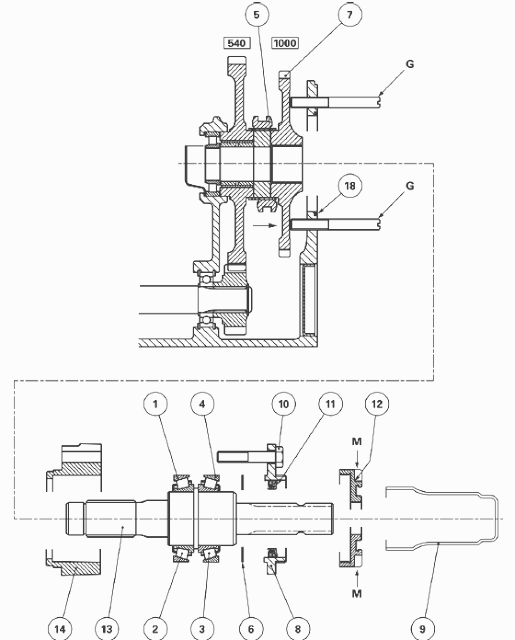
The output shaft (13) receives drive from the PTO upper shaftline and,
via the different engaged gears, transmits the drive to the implement
that needs to be driven.
At the front, it is supported by a straight roller bearing force fitted
into the centre housing and at the rear by two tapered roller bearings
(1) (2) and (3) (4) fitted opposite one another. The tapered roller
bearing clearance is obtained via the shim(s) (6) fitted between the
rear cup (4) and the seal holder (8).
As with other Massey Ferguson 5455, 5460 tractor PTO versions, it supports the 540 and 1000 rpm driven
gears. When operating in paddy fields or in particularly wet farming
conditions, the rear bearing seal is reinforced by fitting a "cassette"
type ring (11).
Removing and refitting the shaft and
unit
Take off the protective cap (9).
Using a wrench fitted on the "M" flat sections, unscrew and remove the
support (12).
Using the control, move the coupler in order to engage the 1000 rpm
gear. Once engaged, the coupler holds the gear in place.
Take off two diametrically opposed screws (10) and replace them with two
makeshift guide studs "G" of suitable length, their ends resting on the
1000 rpm gear. The guide studs should be kept slightly under pressure on
the 1000 rpm gear which, in turn, transmits pressure to the other
stacked components.
Remove the other two screws. Separate and remove the cover plate (8)
fitted with the seal ring (11).
Disengage the shaft (13) and the bearings (1) (2) and (3) (4) from the
540 and 1000 rpm driven gears.
Pair up the bearing cones and cups if they are to be re-used.
If necessary, extract the bearing cones from the shaft.
Separate the unit (14) from the centre housing.
Discard the "O" ring (18).
Clean and check all components. Replace those that are defective. The
bearing cones and cups should be lubricated with clean transmission oil
prior to fitting.
Fit an "O" ring (18) onto the unit and slide it onto the guide studs and
into the bore of the centre housing.
Temporarily tighten two diametrically opposed screws (10) in order to
secure the unit.
Refitting the shaft
Slide the bearing cup (1) into the unit.
As required, fit the bearing cones (2) (3) up against the shaft collar
using a press and a suitable fixture.
Insert the shaft (13) into the 540 - 1000 rpm driven gears.
Slide on the rear bearing cup (4).
If necessary, carry out shimming of the bearings.
Replace the seal ring (11).
Take off the two previously fitted screws. Smear the rear face of the
unit (14) with Loctite 510 or equivalent and refit the cover plate (8)
fitted with the seal ring.
Fit two screws, their thread lightly smeared with Loctite 542 or
equivalent and tighten to a torque of 100 - 130 Nm.
Remove the guide studs and fit the other two screws, as per the previous
specifications.
Refit the support and tighten it to 30 - 50 Nm.
Moderately tighten the protective cap.
Shimming the bearings
Remove the cover plate (8), without Loctite, by removing the shims and
the seal ring (11). When removing the shims, there is a risk of creating
excessive clearance. In this case, fit a thickness of shim(s) to limit
the clearance to approximately 0.35 mm.
Place the dial gauge feeler pin on the end of the shaft.
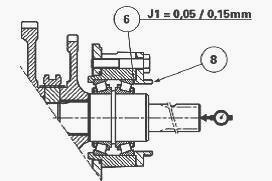
Pull hard on the shaft, while turning it alternately from right to left
in order to correctly "seat" the cones in the bearing cups.
Set the dial gauge to zero.
Depending on the value read on the dial gauge, determine a thickness of
shim(s) (6) in order to obtain a final clearance of: J1 = 0.05 to 0.15
mm. If possible, shim to the
minimum tolerance.
Replacing the seal ring
The seal ring (11) is also known as a "cassette" seal.
Remove the protective cap (9) and the support (12).
Take out two diametrically opposed screws (10) and screw two guide studs
in their place.
Remove two other screws and separate and remove the cover plate (8).
Drive out the ring from the cover plate.
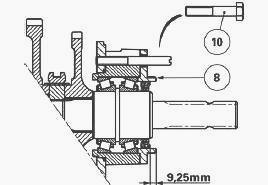
Clean the cover plate and check that it is free of dents or burrs at the
location of the ring.
Install a new ring correctly turned with its external face 9.25 mm from
the rim of the cover plate (8), using a locally obtained drift.
Smear the rear face of the unit (14) with Loctite 510 or equivalent and
refit the cover plate (8) after checking for the presence of the shim(s)
(6).
Start the engine. Activate the power take-off and check the tightness of
the rear bearing.
Refit and tighten the support and the protective cap.
________________________________________________________________________________
________________________________________________________________________________________
________________________________________________________________________________________
________________________________________________________________________________________
________________________________________________________________________________________
________________________________________________________________________________________
________________________________________________________________________________________
________________________________________________________________________________________
________________________________________________________________________________________
________________________________________________________________________________________
________________________________________________________________________________________
________________________________________________________________________________________
________________________________________________________________________________________
________________________________________________________________________________________
________________________________________________________________________________________
________________________________________________________________________________________
________________________________________________________________________________________
________________________________________________________________________________________
________________________________________________________________________________________
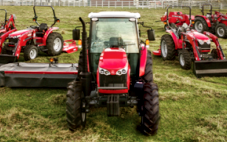 SPECS
SPECS LOADERS
LOADERS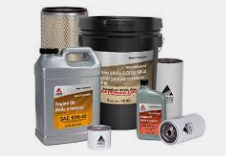 MAINTENANCE
MAINTENANCE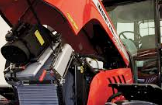 PROBLEMS
PROBLEMS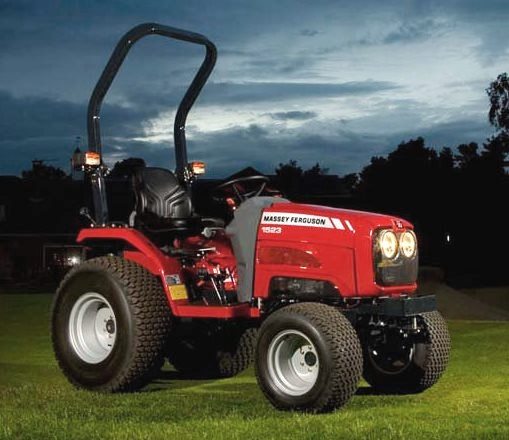 MF 1523
MF 1523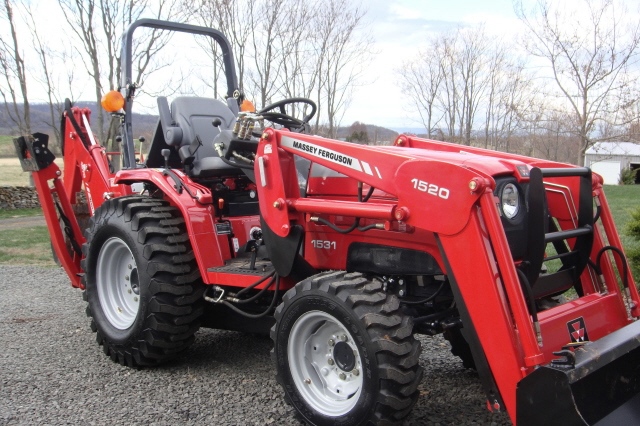 MF 1531
MF 1531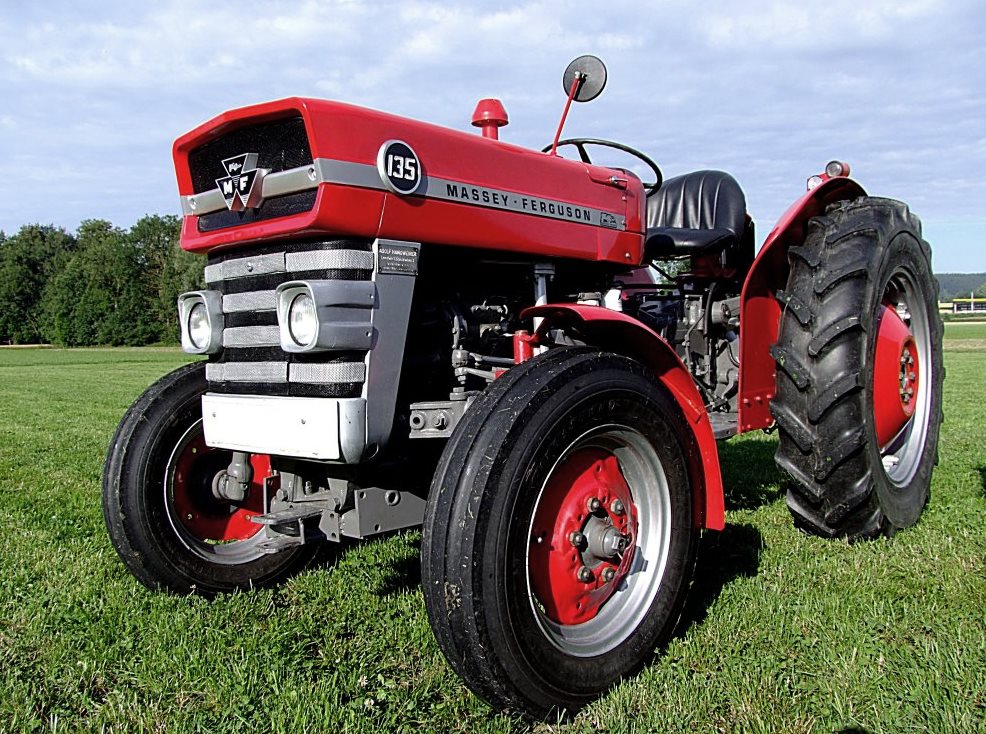 MF 135
MF 135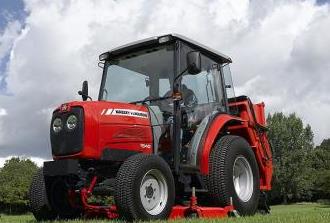 MF 1547
MF 1547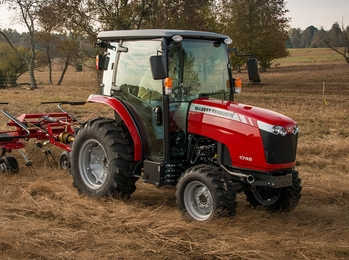 MF 1635
MF 1635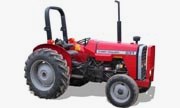 231
231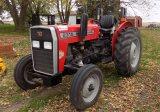 231S
231S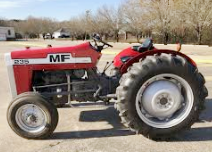 235
235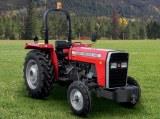 240
240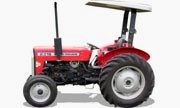 241
241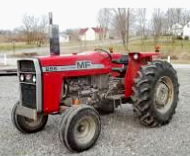 255
255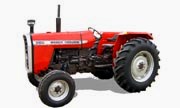 265
265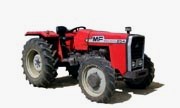 274
274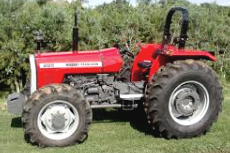 285
285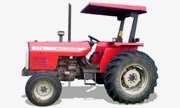 375
375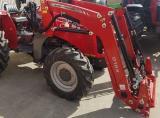 916X Loader
916X Loader 921X Loader
921X Loader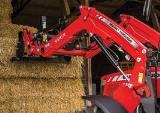 926X Loader
926X Loader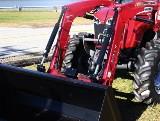 931X Loader
931X Loader 936X Loader
936X Loader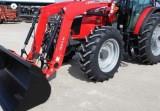 941X Loader
941X Loader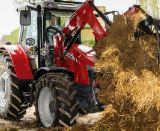 946X Loader
946X Loader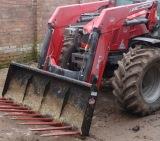 951X Loader
951X Loader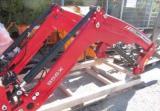 956X Loader
956X Loader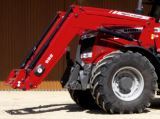 988 Loader
988 Loader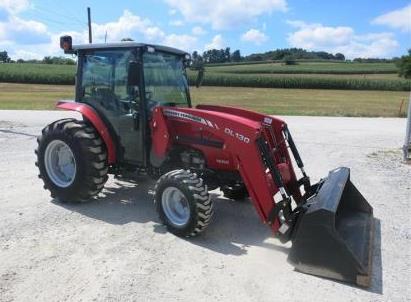 1655
1655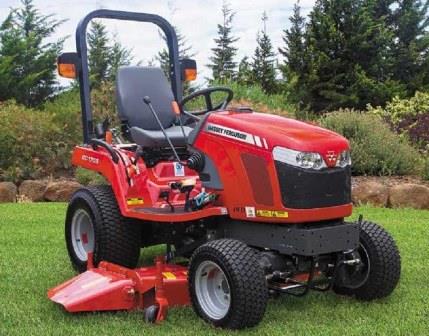 GS1705
GS1705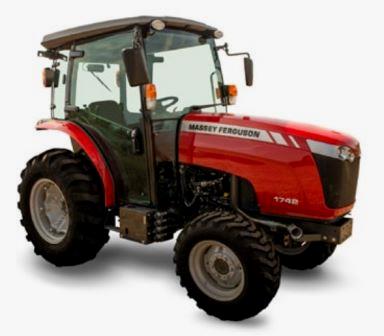 1742
1742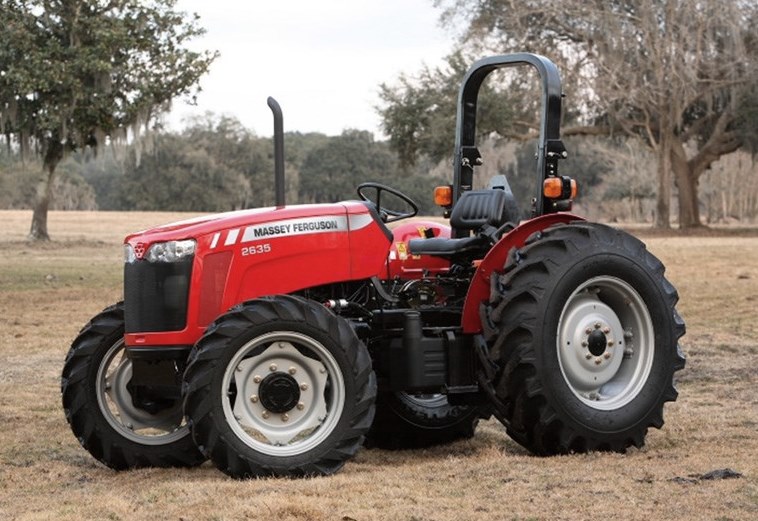 2635
2635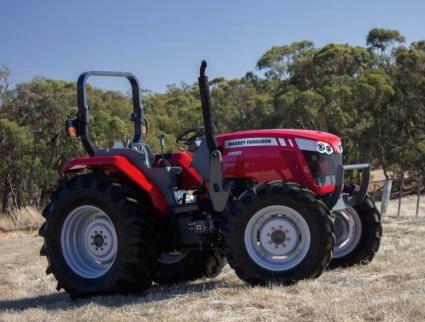 4608
4608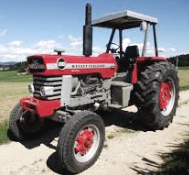 1080
1080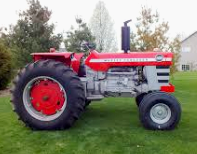 1100
1100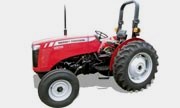 2615
2615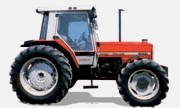 3050
3050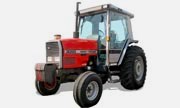 3060
3060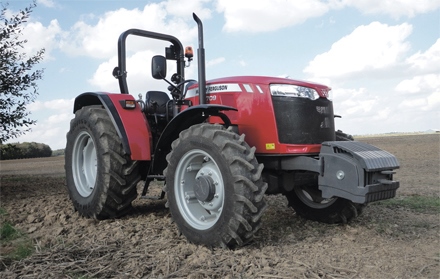 4708
4708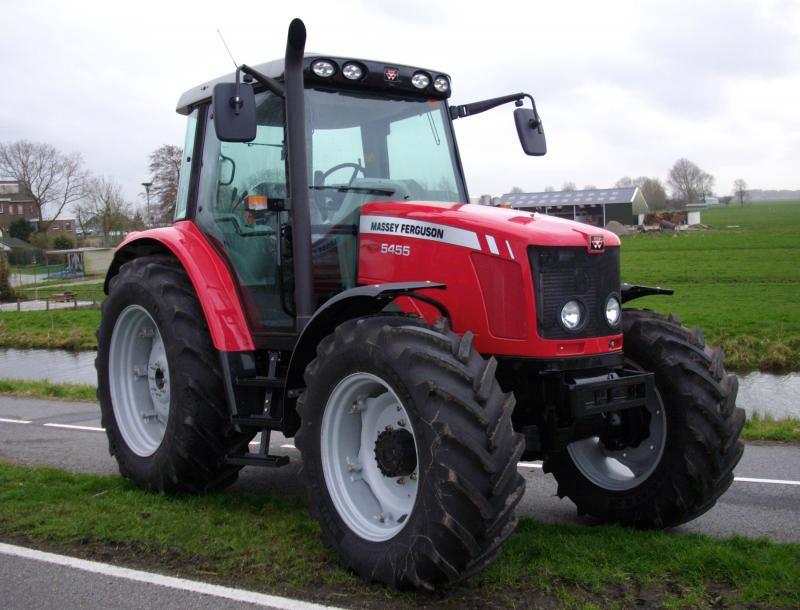 5455
5455 5450
5450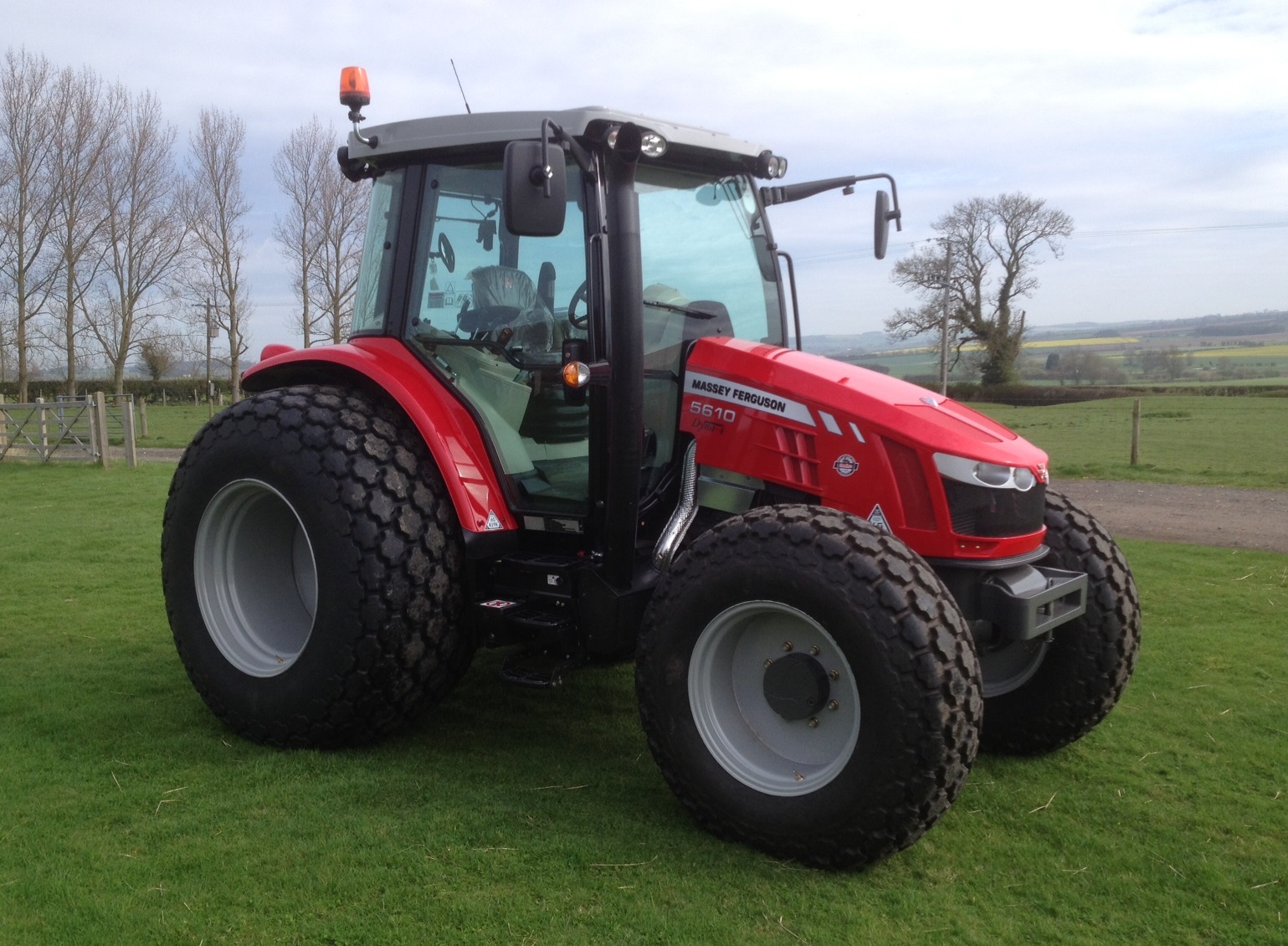 5610
5610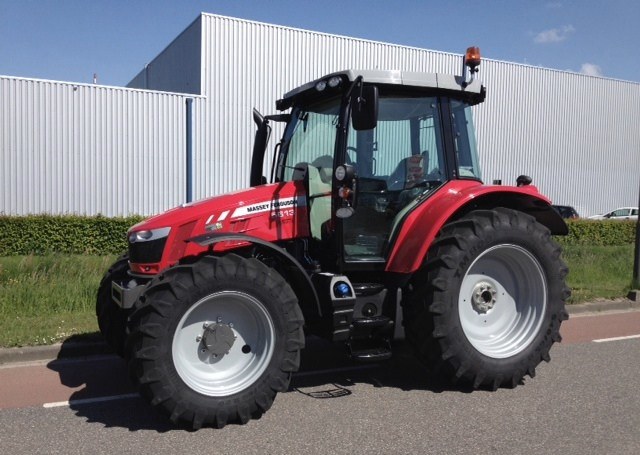 5613
5613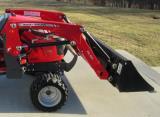 DL95 Loader
DL95 Loader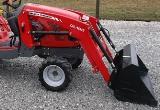 DL100 Loader
DL100 Loader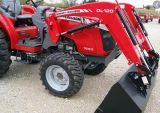 DL120 Loader
DL120 Loader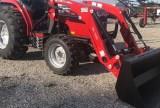 DL125 Loader
DL125 Loader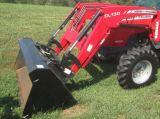 DL130 Loader
DL130 Loader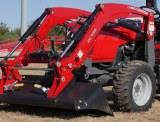 DL135 Loader
DL135 Loader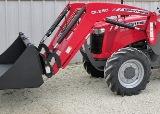 DL250 Loader
DL250 Loader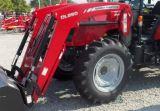 DL260 Loader
DL260 Loader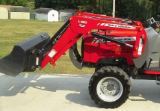 L90 Loader
L90 Loader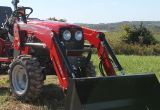 L100 Loader
L100 Loader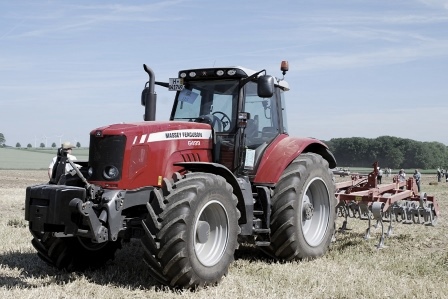 6499
6499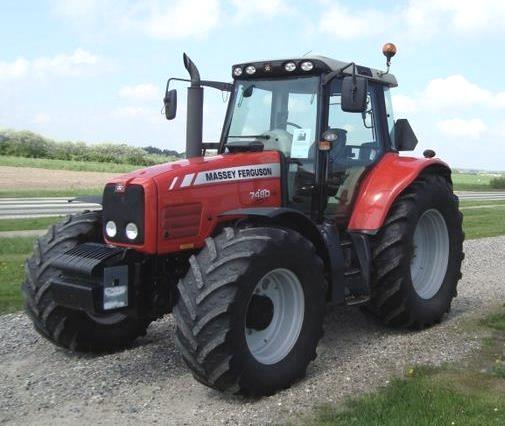 7480
7480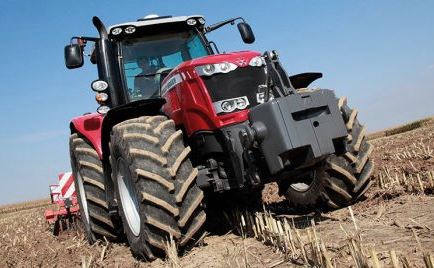 7618
7618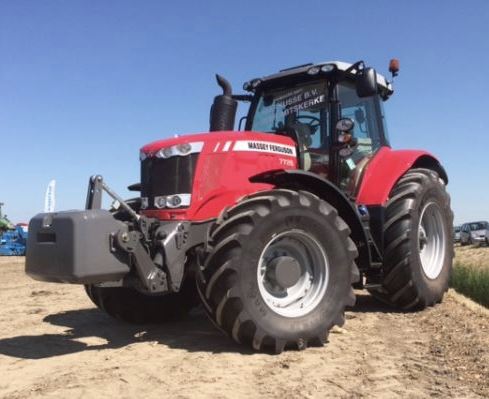 7726
7726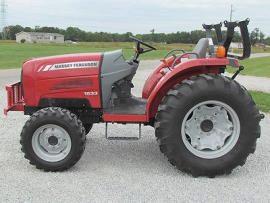 1533
1533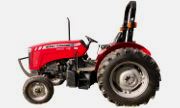 2604H
2604H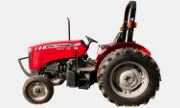 2607H
2607H 4455
4455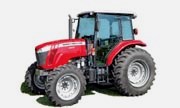 4610M
4610M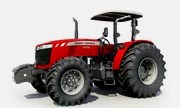 4710
4710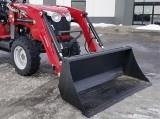 L105E Loader
L105E Loader L210 Loader
L210 Loader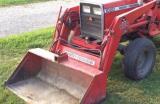 1014 Loader
1014 Loader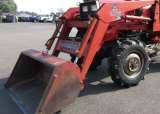 1016 Loader
1016 Loader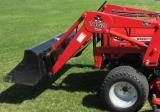 1462 Loader
1462 Loader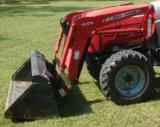 1525 Loader
1525 Loader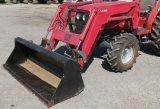 1530 Loader
1530 Loader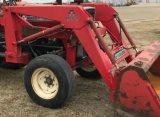 232 Loader
232 Loader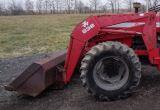 838 Loader
838 Loader 848 Loader
848 Loader 5712SL
5712SL 6713
6713 6715S
6715S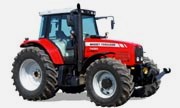 7475
7475 7615
7615 7716
7716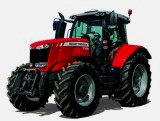 7724
7724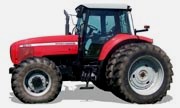 8240
8240 8650
8650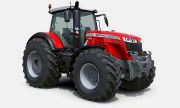 8732
8732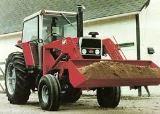 246 Loader
246 Loader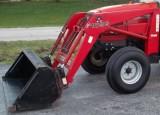 1036 Loader
1036 Loader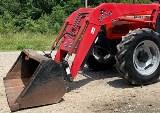 1038 Loader
1038 Loader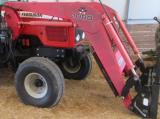 1080 Loader
1080 Loader 856 Loader
856 Loader